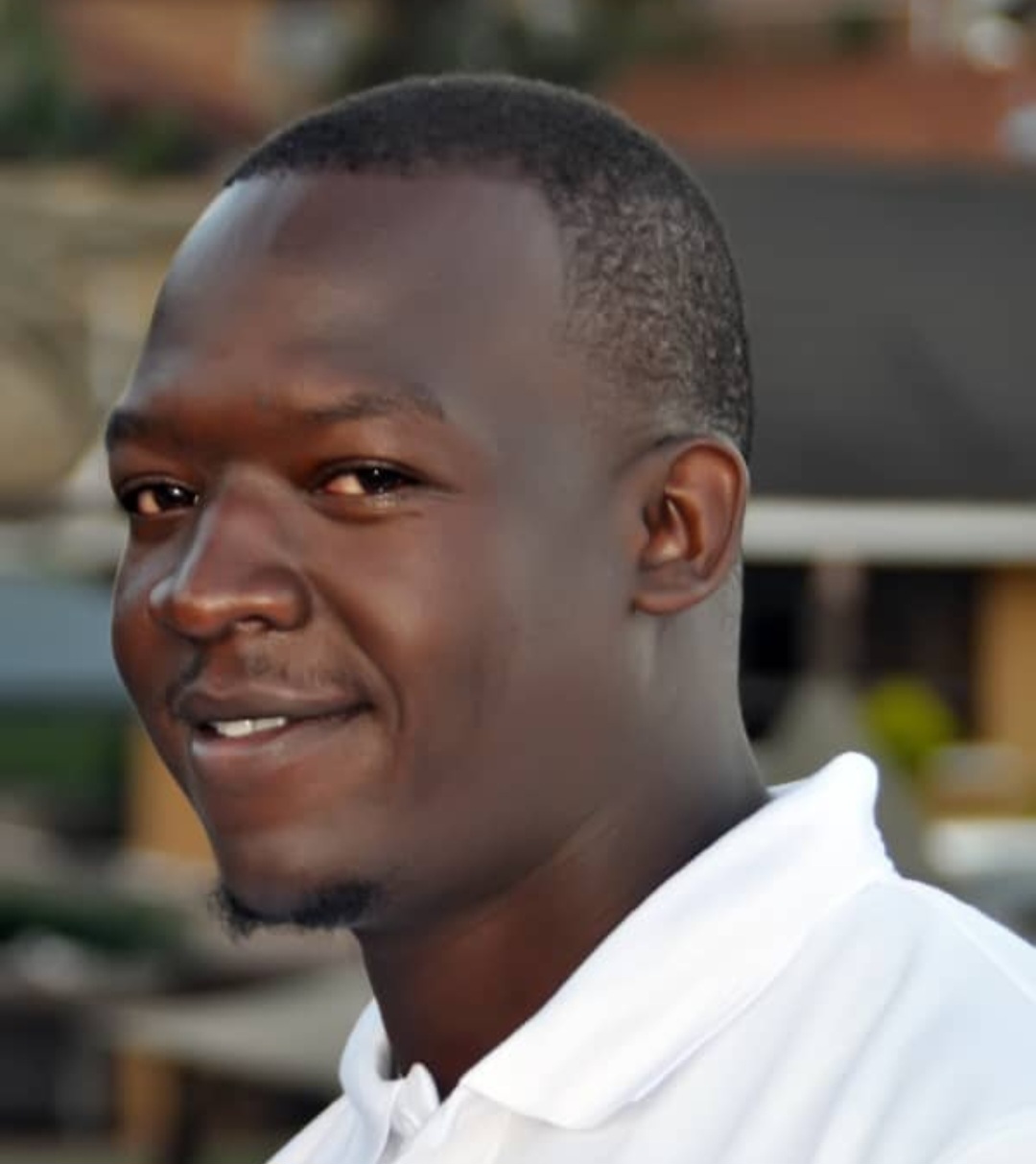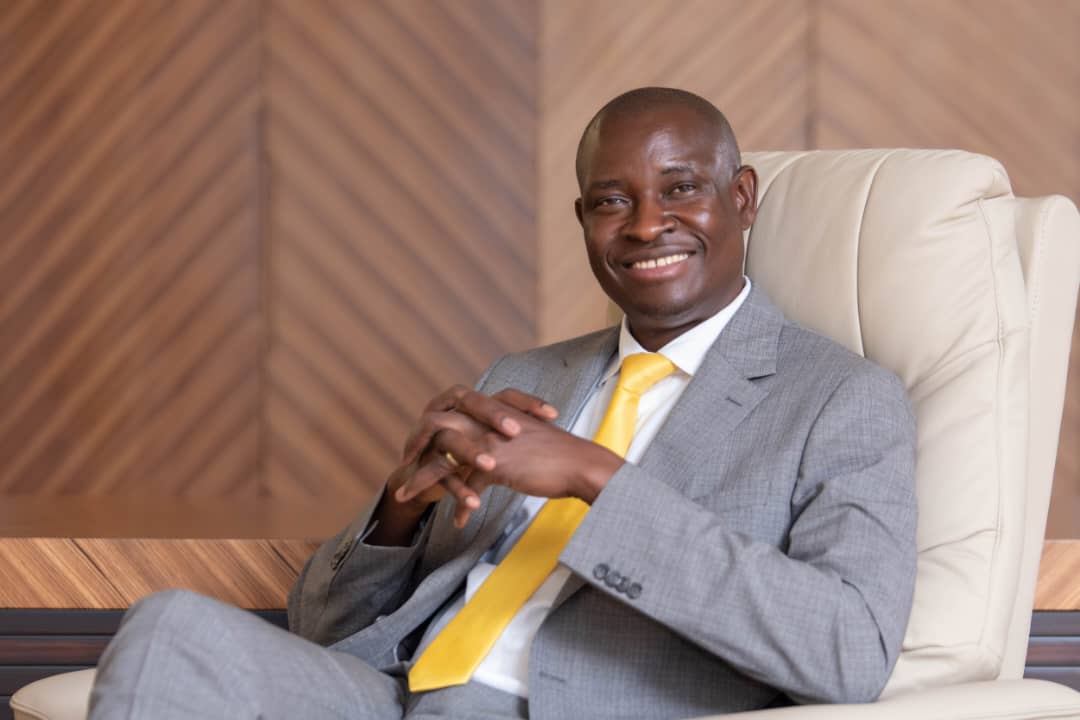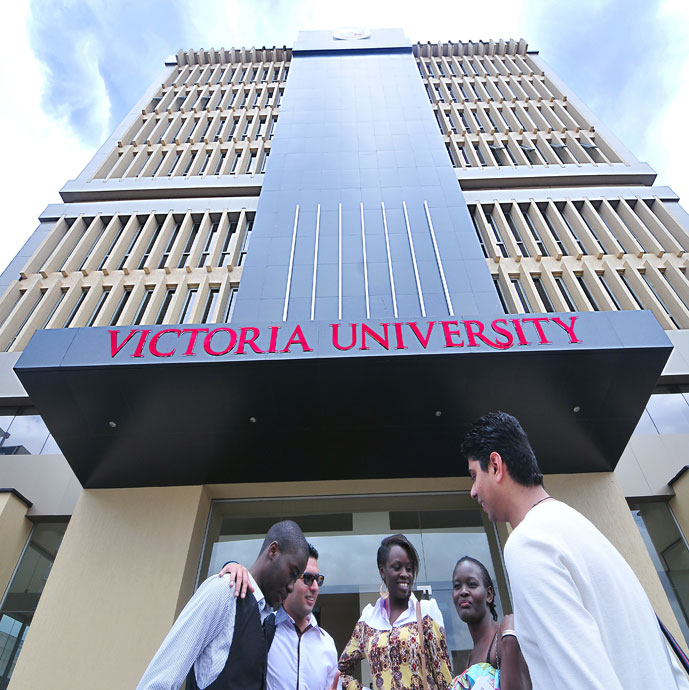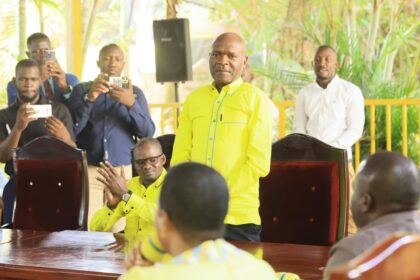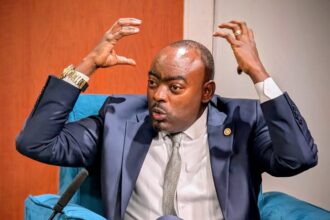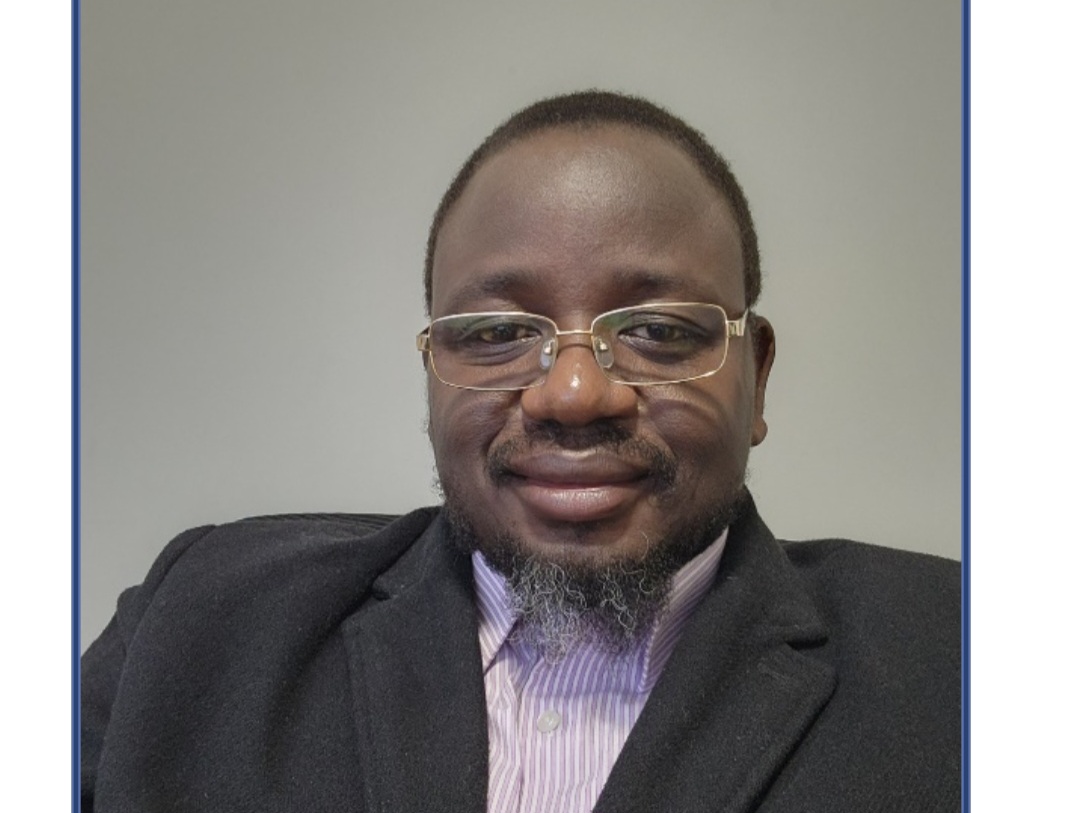Busoga, a region beautifully nestled in the eastern part of Uganda, deserves far more than the political infighting and factionalism that have plagued it in recent years. Once regarded as a regional powerhouse, Busoga now stands at a crossroads, rich in potential, yet restrained by division and political inertia.
Geographically, Busoga is a jewel.
Strategically located along the shores of Lake Victoria and bordered by Lake Kyoga and the Nile, the region is endowed with vast stretches of fertile soils ideal for agriculture. The presence of water bodies like the Source of the Nile not only gives Busoga a place on the global map but also offers untapped potential for tourism, transport, irrigation, and fisheries. Beneath its soil lie abundant mineral resources, gold in Namayingo and Buyende, and rare earth elements recently discovered in Bugweri. Such riches, if properly harnessed, could transform the economic fortunes of the region. Yet, despite all this, Busoga ranks as the second poorest region in Uganda; a paradox that reflects a serious failure of leadership, planning, and unity.
In the years following independence, Busoga was Uganda’s breadbasket. The region’s agrarian economy thrived on the back of robust cooperatives that empowered farmers to produce and export coffee, cotton, and food crops. These cooperatives even had the capacity to lend to foreign entities, a feat that testifies to the strength of Busoga’s economic institutions at the time. The establishment of industries in Jinja, such as the Nile Breweries, Steel Rolling Mills, and Uganda Textiles, made it the industrial capital of Uganda.
Politically, Busoga played a critical role in the establishment and rise of the National Resistance Movement (NRM). The region overwhelmingly supported the party during its early years and has continuously produced some of the most loyal cadres of the NRM. From the late Henry Kyemba to Rt. Hon. Rebecca Kadaga, Hon. Daudi Migereko, and Hon. Milly Babalanda, the region has contributed leaders who have steered the country’s policies at the highest levels. Others include Hon. Lukia Nakadama (the 3rd Deputy Prime Minister), Hon. Kasule Lumumba, Hon. Agrey Bagire, and the first female Vice President of Uganda, H.E. Dr. Specioza Kazibwe. The judiciary too boasts names like former Chief Justice Wambuzi, while the diplomatic corps is represented by Ambassadors such as Baswale Kezala, Kibedi Zake among others.
Despite this impressive portfolio of leadership, the region remains in socio-economic distress. What has gone wrong?
Busoga’s education sector, once the pride of the region, remains questionable! Institutions such as Busoga College Mwiri, Butiiki College, Namasagali College, Jinja SS, Bukooli College, and PMM Girls School were once academic giants producing national leaders and scholars. Today, many of these schools struggle with poor infrastructure, dwindling performance, and underfunding.
In the health sector, the situation is equally dire. Major health facilities such as Jinja Regional Referral Hospital, Bugiri General Hospital, Nakavure Hospital in Iganga, and Buwenge Hospital are plagued by understaffing, poor facilities, and a lack of essential medical equipment like CT scan machines. Medicines are often unavailable or siphoned off by unethical staff. Health Centre IIIs and IVs across the region are overwhelmed by the growing population.
Road infrastructure paints another gloomy picture. Apart from the Musita–Majanji road and partial upgrades on the Jinja–Kamuli, Iganga – Kaliro roads much of the region remains inaccessible during the rainy season. Critical roads such as Ambercourt–Mbulamuti–Bukungu and Walugogo–Luuka–Kamuli have appeared in national budgets repeatedly, only to remain paper promises. Meanwhile, town councils such as Luuka, Buyende, Namayingo, Bugiri, and Namutumba remain underdeveloped, characterized by dusty roads and poor drainage systems.
The fishing industry, once a major source of income and food, has become a battlefield. Fishermen complain of harassment and extortion by rogue security operatives who have turned the waters into private businesses. Policies meant to regulate and support the sector are poorly enforced, leaving genuine fishermen in perpetual fear and poverty.
Agriculturally, the region has dangerously leaned towards monoculture, especially sugarcane growing. While sugarcane once brought income to farmers, it is no longer dependable. Prices fluctuate unpredictably and millers, mostly external investors reap profits from by-products like molasses, biogas, and electricity generation, while farmers are left with crumbs. Many families that abandoned food crops for sugarcane now face food insecurity. Unlike Western Uganda, which has leveraged cattle rearing and banana production to improve household incomes and food security, Busoga is trapped in an unsustainable cycle.
Instead of confronting these systemic challenges, political leaders in the region have focused their energies on factional fights. The historical feud between Rt. Hon. Rebecca Kadaga and the late Hon. Kirunda Kivejinja, the rift with Hon. Persis Namuganza, and public spats with Hon. Kasule Lumumba, Hon. Daudi Migereko, and others have only deepened the political divide.
At one point, Jinja was the arena for rival political camps dubbed “Israel vs Palestine.” The newest division is between Team Mama and Team Mulamu, a contest that has seen political allies branded as traitors based on whom they associate with.
These divisions have been costly. They have distracted leaders from addressing real issues like poverty, education, healthcare, and infrastructure. The energy spent on political infighting should be directed towards forming cooperatives, building industrial parks, or lobbying for infrastructure development. The proverb “When brothers fight to death, a stranger inherits their father’s wealth” rings true here. Busoga’s disunity has created a vacuum that others have stepped in to exploit.
To be fair, the appointing authority has extended many opportunities to Busoga. From vice presidents to ministers, judges, ambassadors, and technocrats, Busoga has had its share of national representation. The region cannot claim neglect from the centre; rather, it suffers from internal sabotage.
A house divided against itself cannot stand.
It is time for Busoga to rise above petty rivalries. The youth are watching, the poor are waiting, and the region’s potential is wasting away. We must shift from camps and factions to unity and common purpose. Let political leaders remember that “a river that forgets its source will dry up.” Busoga’s heritage is one of strength, resilience, and excellence. We must reclaim that legacy through cooperation and visionary leadership.
In conclusion, Busoga has all it takes to reclaim its lost glory. The resources are there, the people are ready, and the goodwill from the centre is evident. What is lacking is unity and focused leadership. Let the region rise above Team Mama and Team Mulamu politics and forge a collective front that serves the people. For in the words of an African proverb: “A single stick may smoke, but it will not burn.” Only together can we rekindle the fire of development and prosperity in Busoga.
Long live Your Loyal Highness Wilberforce Nadiope Kadumbula IV, Long live H.E Yoweri Kaguta Museveni long live NRM.
For God and My country
Phillip R. Ongadia – NRM Mobilizer, NRM Publicity Secretary Church Cell –Walukuba East and PRO Jinja social Media Team.
Do you have a story in your community or an opinion to share with us: Email us at Submit an Article



